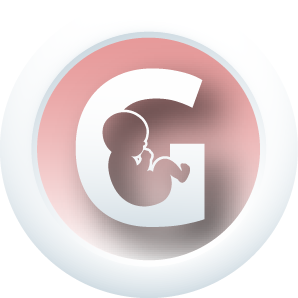Frequently asked questions
FAQ
Surrogacy programmes

Surrogacy heterosexual families

Surrogacy surrogacy same sex parent families

Surrogacy Single men

Surrogacy Single women

Surrogacy for people with HIV

Surrogacy Prices
Medical concepts of surrogacy
who is the surrogate?
In a surrogacy process in Spain, the surrogate is a woman who offers her capacity to gestate the child of another person/s or couple. Her only function is to gestate and give birth to the child of the intended parents. The gestational carrier will never provide her own eggs, so no genetic relationship with the child will be established. In fact, in most countries it is forbidden by law for the surrogate to contribute her own genetic material. If the intended parents are unable to provide gametes, they must resort to gamete donation.
Who are the intended parents?
In the process of surrogacy ( surrogatemotherhood) they are also called intended parents or commisioning parents, as it is the person or persons who have tried for years to have a biological child or by adoption, either naturally or through the in vitro process and have not succeeded.Intended parents are types of couples and people of different social status or sexual preference such as either single women or heterosexual couples struggling with infertility and the inability to have a child who are unable to have a full term child on their own, due to infertility or health risks. Or even single men or same-sex gay male couples who are looking for a child and cannot resort to adoption. This is why they resort to the misnamed surrogacy.In order to choose the best place to fulfil your dream of becoming parents, we recommend that you contact a GestLife family counsellor.
Since in some European countries (Spain, France, Italy, Germany, etc.) the process of surrogacy is not regulated (or there are even laws that prohibit it outright) a process of filiation has to be carried out.
What is in vitro fertilisation (ivf)?
In Vitro Fertilisation (IVF) is the assisted reproduction technique used in surrogacy, in which eggs and sperm are joined together in the laboratory. This gives rise to embryos that will be transfer into the uterus of the surrogate mother.
if surrogacy is forbidden in my country, can i carry out surrogacy abroad without any consequences when i return to my country?
In some countries (e.g. Germany, France or Italy), there are laws that prohibit surrogacy in those countries, even with prison sentences. However, it is not illegal to do it in another country, where there is a law regulating it. It will therefore have no negative legal consequences. This right has already been widely recognized by the Court of Human Rights in Strasbourg, and most countries have adapted, registering children born through surrogacy in their respective civil registries. Consult your family advisor at Gestlife, so that we can explain how the process is done in your country.
Can i do the treatment with my own eggs?
In a surrogacy process, yes. If you are a woman and you will be the future mother. You can choose an individual program with your own eggs.
Can i use donated eggs?
In a surrogacy process, yes, of course. Whether your partner is female or male, you can resort to egg donation. In these cases the most suitable programs are donor egg programs with unlimited attempts.If you are interested in finding out more about the price of surrogacy in Spain, we invite you to contact us to book a free telephone consultation. We recommend that intended parents consult with a fertility lawyer before proceeding with a surrogacy program.












